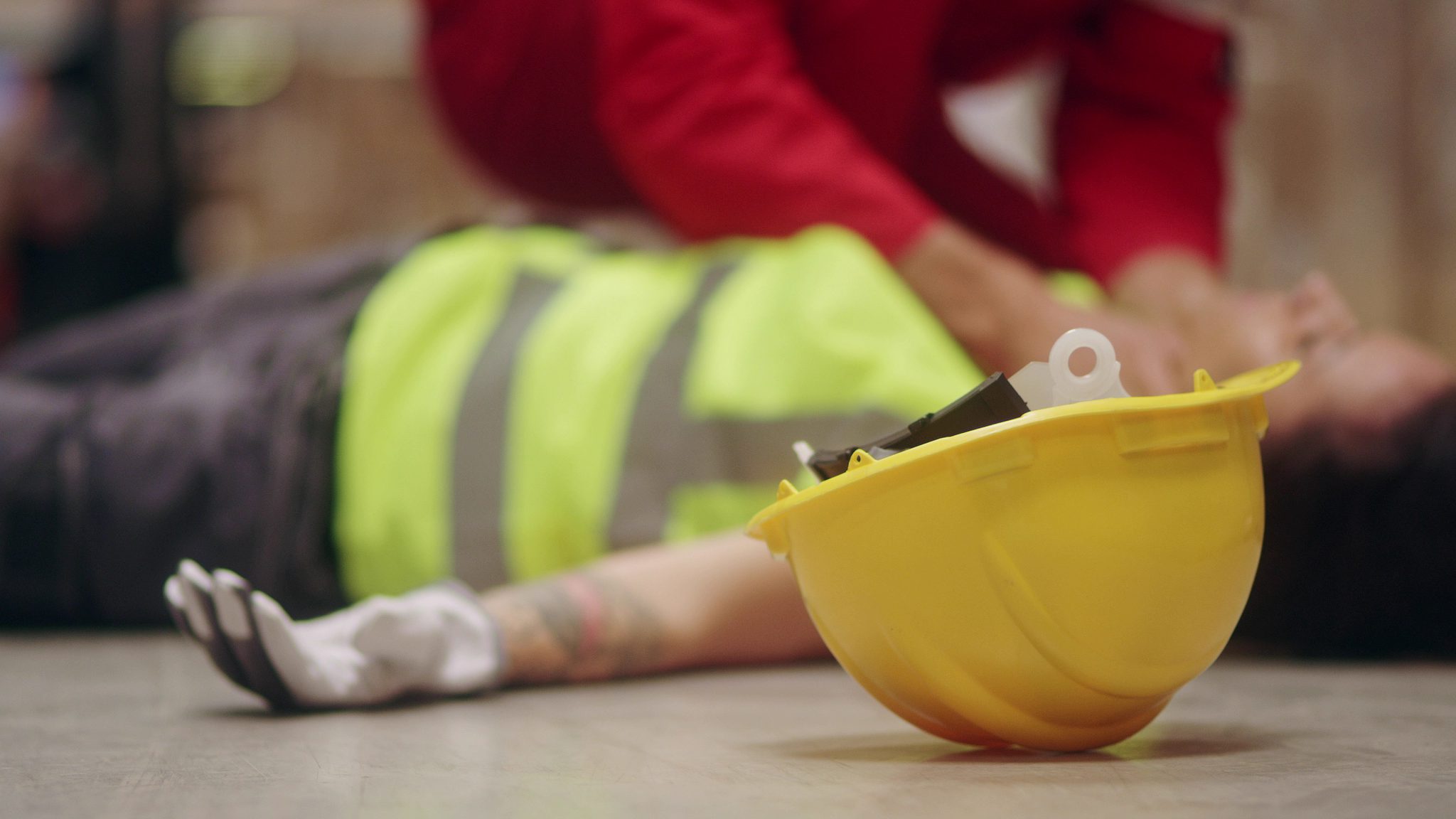Outdoors Wilderness First aid Certified Training Duration – 1 day to 1 day and a…

First Aid at Work Training Refresher
- Duration 1-2 Days (depending on the course)
- Time: 10am – 5.30pm
- Cost – £125+VAT 1day / £195+VAT 2day
- Course run every month
- Location: Caerphilly Business Park
- BOOK HERE
After completing a first aid course, many people may think that is the end of the story…after all they have a certificate to prove it! However, research carried out by the European Resuscitation Council (ERC) shows that typically, the confidence to act to assist someone in a real emergency is lost within 3 months. That is a shocking statistic and does not become apparent for most people, because first aid emergencies are rare. Will you remember what to do when you are faced with the critical injury of a colleague at work if you haven’t trained for some time?
Look at it another way, we didn’t learn to drive with a single driving lesson did we? It takes a lot of practice for it to become instinctual and that’s the same with learning critical life saving first aid skills.
The HSE and all first aid training oganisations recommend refresher training!
What is a first aid refresher course?
A refresher course is “A short course aimed at the recall and reinforcement of previously acquired skills and knowledge.”
Put simply, the levels of skill and knowledge reduce over time if not practised on a regular basis. This is evident in the case of first aid training and skills learnt in Basic Life Support (BLS). A first aid refresher course addresses this by focusing directly on the practical skills such as scene assessment, primary assessment, breathing checks, CPR and the use of AED’s to restart a heart.
Why are first aid refreshers essential?
Performing Cardiopulmonary Resuscitation (CPR) requires several skills in a sequenced order. Each skill has different sub-skills requiring knowledge and physical competence to be effective. Sustaining the life of a casualty who has suffered cardiac arrest is dependent on the quality of CPR administered; This can make the difference between life or death. We need to get it right and we can do this through more practice.
Because the need for CPR in a real-life situation is rare, when called to action most lay responders are dependent on remembering the learning from their last first aid course to be able to perform it effectively. In many cases, this could be as long as 2 years ago (or more). It is clear that to be effective in a rescue, the need for first aid refresher training is essential and should be thought of as being part of the original course.
First Aid Refresher training for businesses and organisations
The recession has negatively affected many industries forcing business owners to make budget cuts. Some regard first aid training and first aid refresher training to be an area of business that can be abandoned. This is short sighted as the cost of first aid emergencies in the workplace can place a much larger burden on small enterprises. Consider this impact:
- The financial cost to the business when paying out statutory sick pay and overtime to other workers.
- The effect on the skill mix and limited workforce for business productivity, which may lead to worries about the quality of the product or service delivered.
- The cost of losing key staff and the effect on productivity.
- The potential cost of litigation if an injured worker sues the business because they were not treated effectively at the time of the incident to improve the outcome.
First Aid Refresher training is a small cost which is of benefit to both staff and employers alike.
There is a important message here – cutting corners does not necessarily cut costs. Not having refresher training could increase the risk of harm and may also put the company’s future in jeopardy.
Why risk it? Enrol in one of our first aid courses and refresh your training with the updated equipment and techniques in CPR.
HSE strongly recommends that first-aiders undertake annual refresher training, over half a day, during any three-year certification period. Although not mandatory, this will help qualified first-aiders support their basic skills and keep up to date with any changes to first-aid procedures.
Visit our Emergency First Aid at Work course page for more information.





